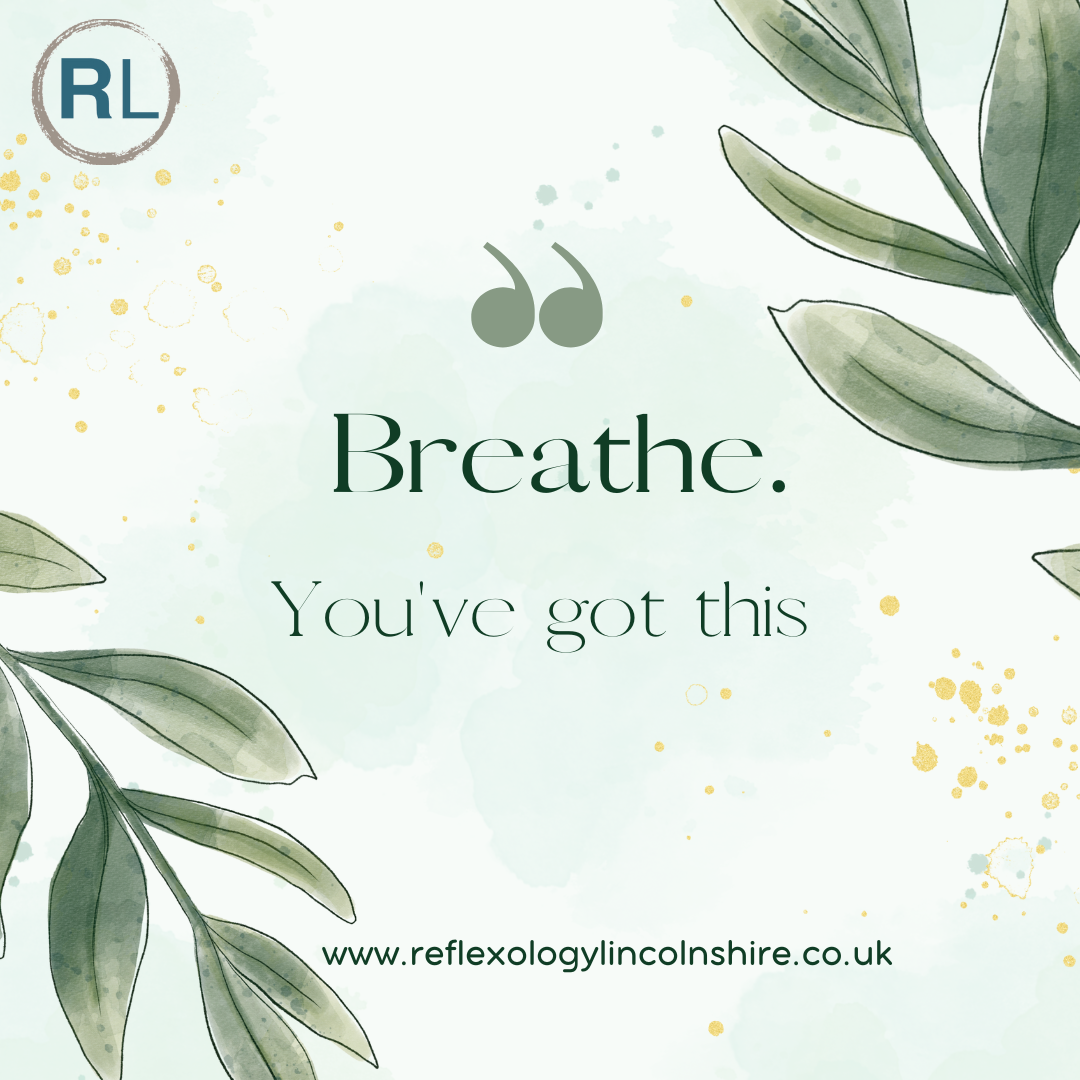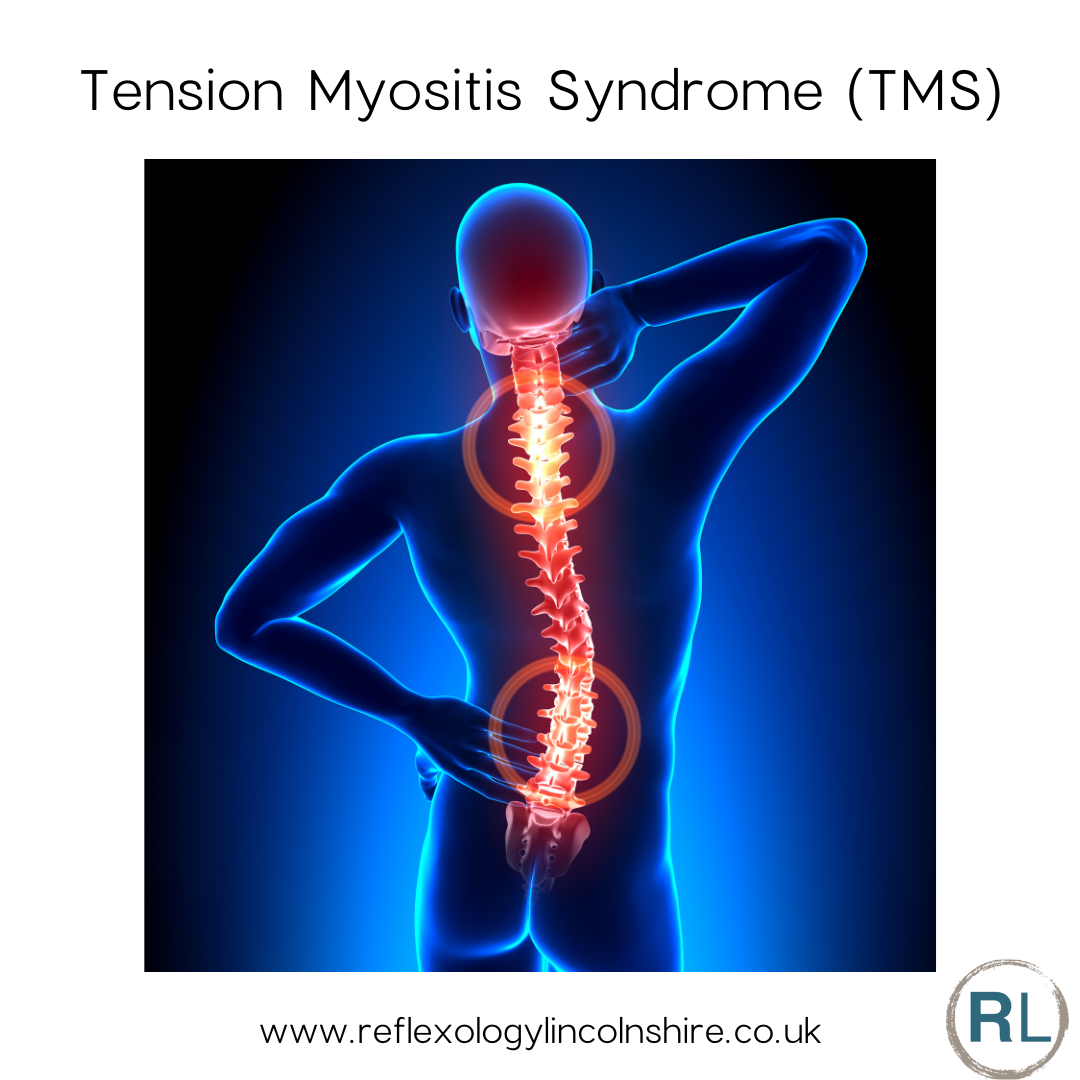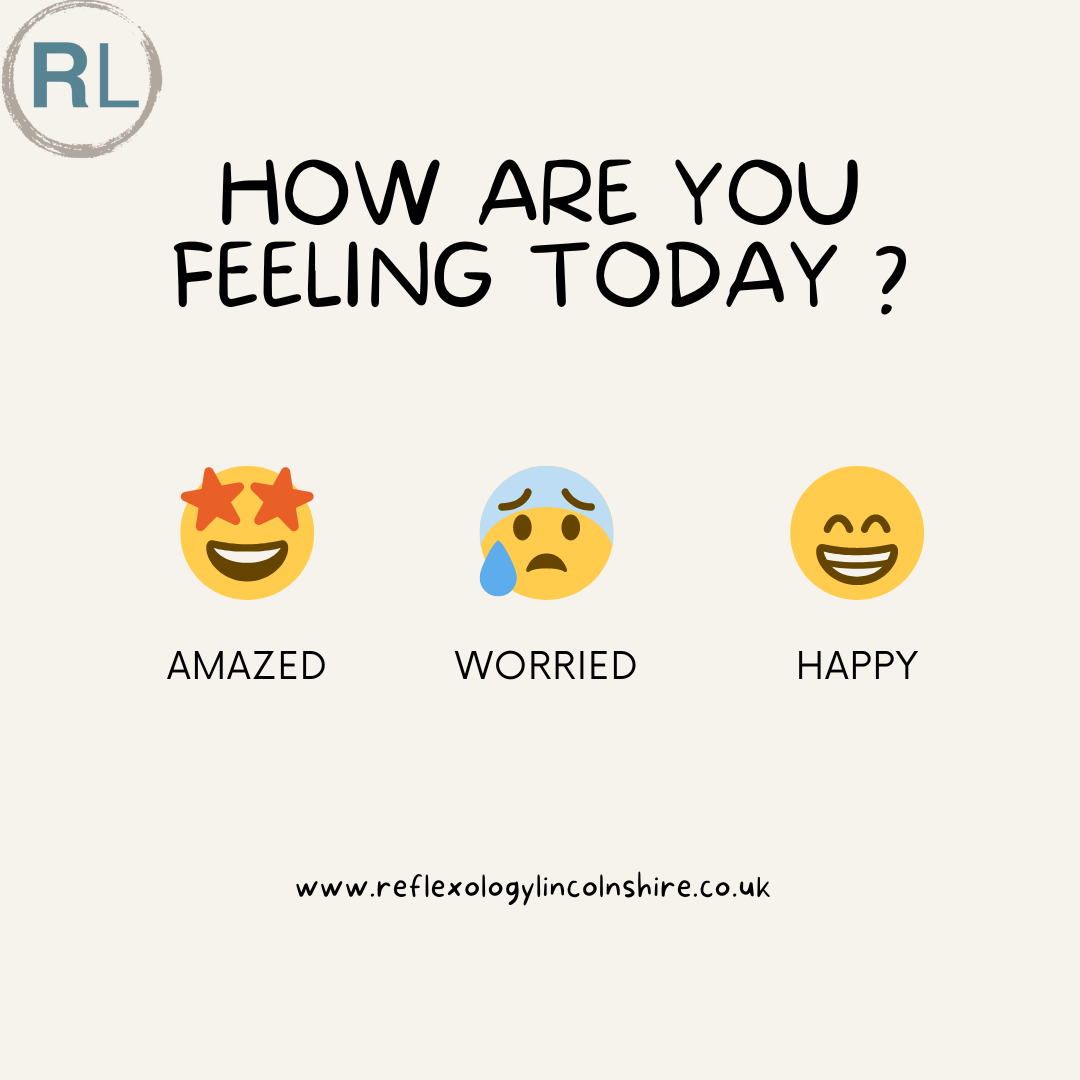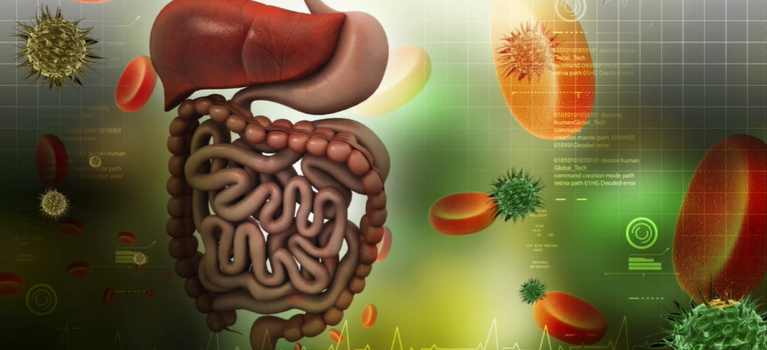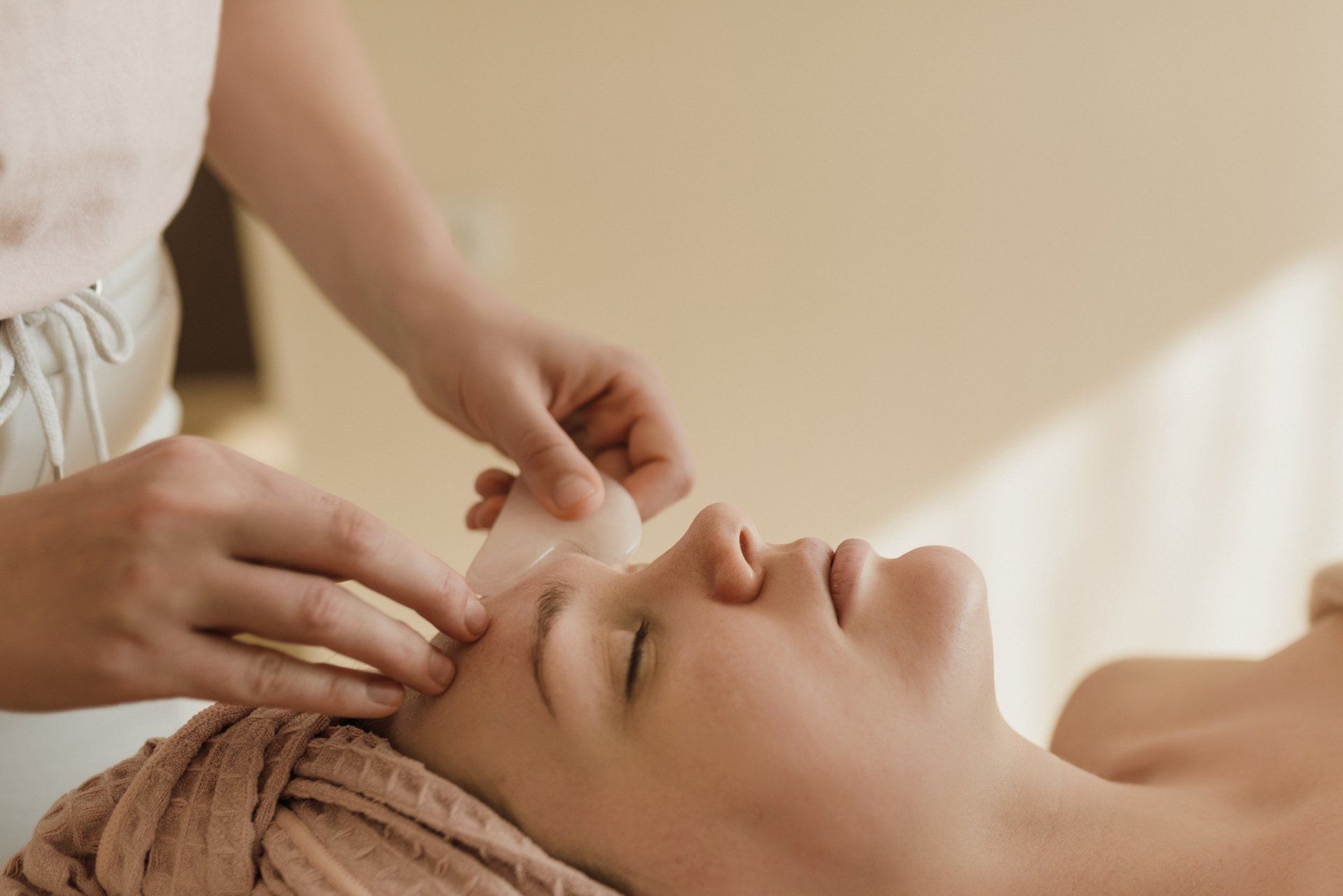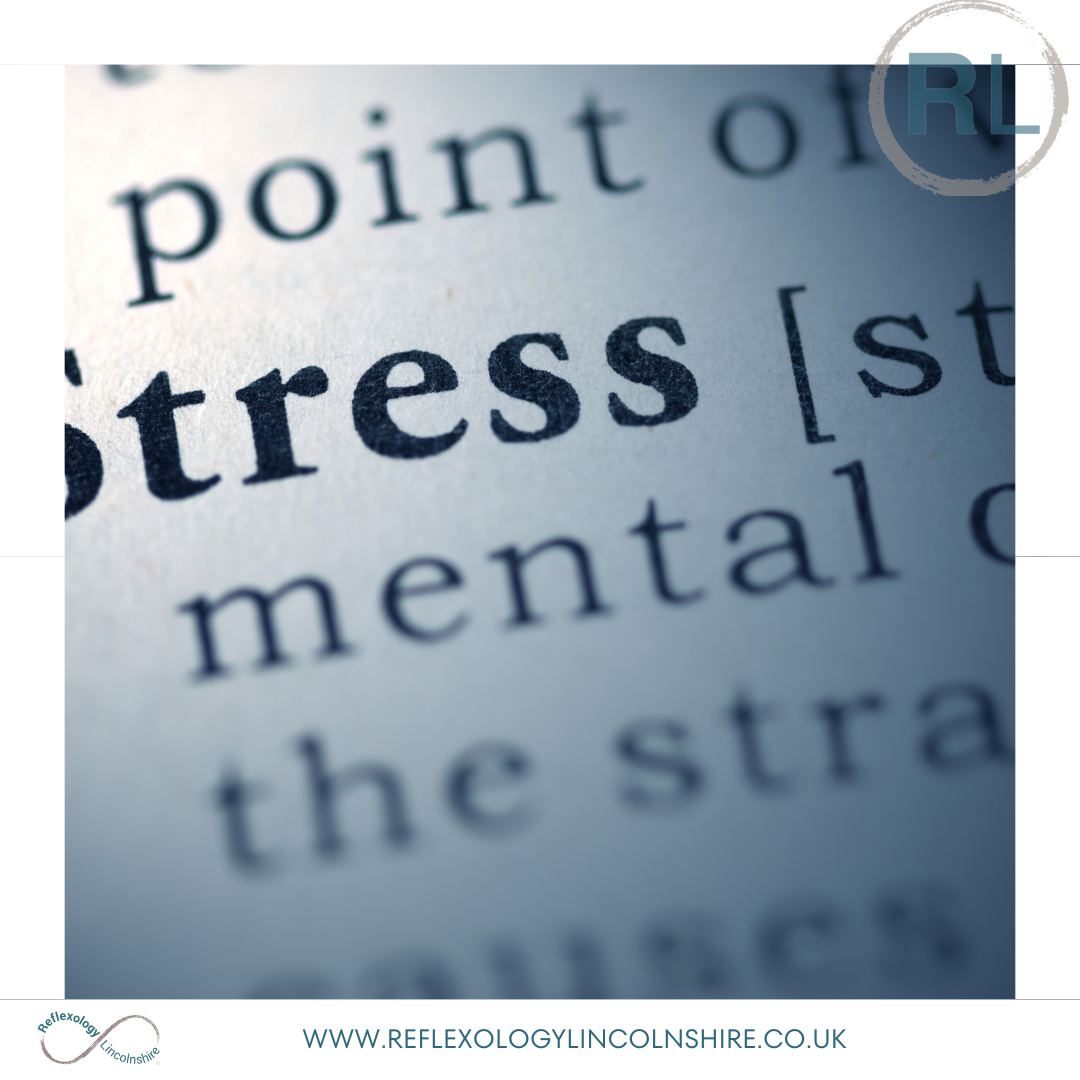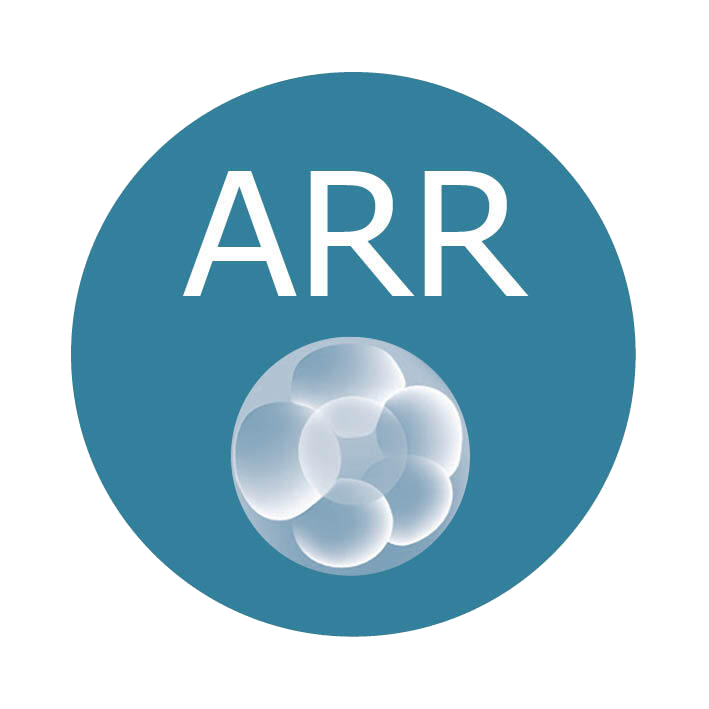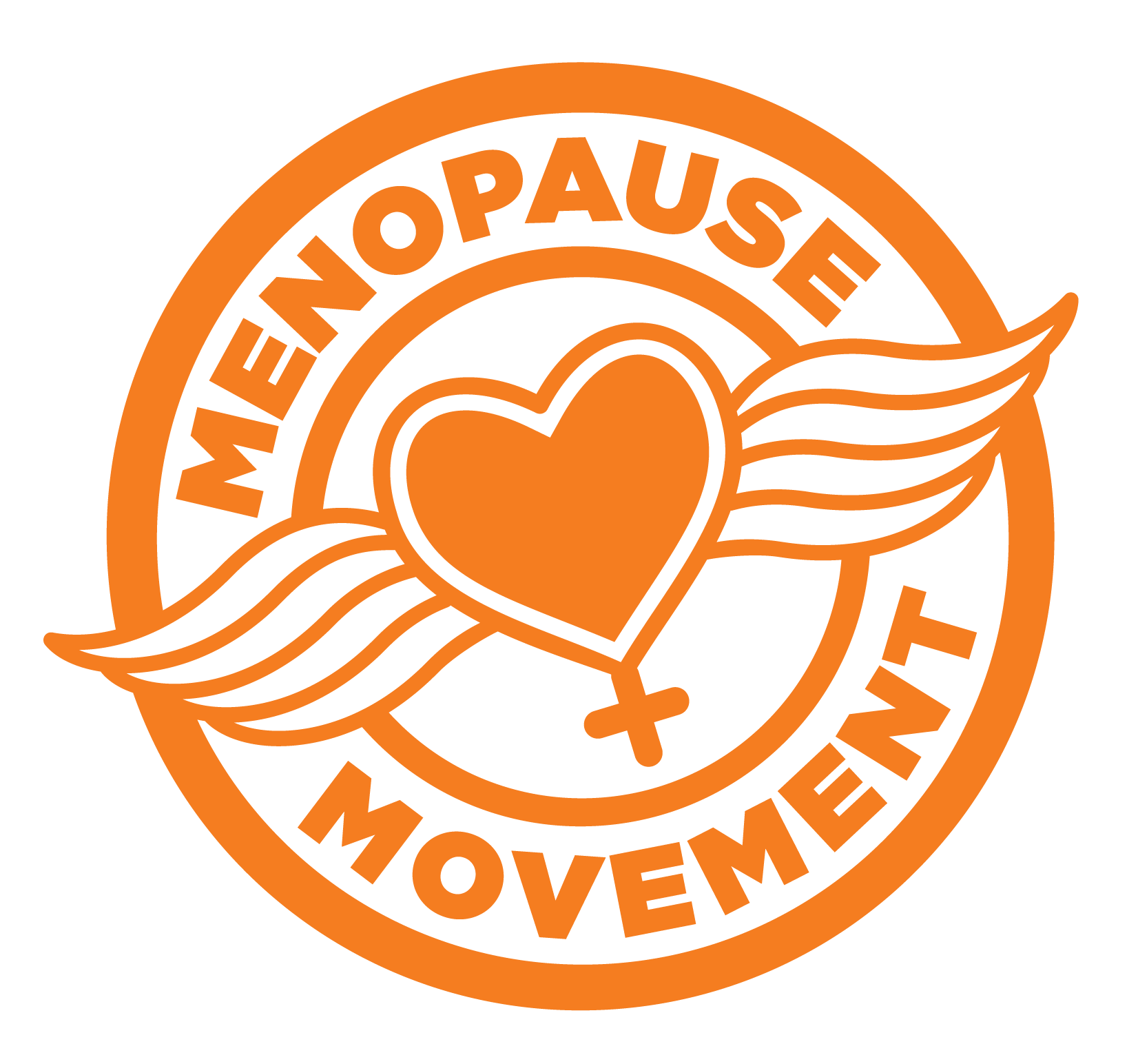Embracing Holistic Health
Reflexology, Women's Wellness, and the Power of Lifestyle Choices

In today’s fast-paced world, women's health often requires a holistic approach that considers the intricate interplay of physical, emotional, and mental well-being. Reflexology, an ancient practice rooted in the belief that specific points on the feet, hands, and ears correspond to different parts of the body, has gained recognition for its potential to support women's health. By stimulating these points, reflexology aims to promote relaxation, improve circulation, and restore the body's natural balance. But beyond reflexology, there are several other crucial elements to consider for optimal health: diet, exercise, self-care, and an understanding of the endocrine system.
Reflexology and Women's Health
Reflexology can be a powerful tool in a woman's wellness toolkit. This non-invasive therapy can help alleviate stress, reduce pain, and enhance overall well-being. For women experiencing hormonal changes, such as during menstruation, pregnancy, or menopause, reflexology may offer relief from symptoms like mood swings, cramps, and hot flashes. By targeting specific reflex points, practitioners aim to support the endocrine system, which plays a pivotal role in hormone regulation.
The Endocrine System and Hormonal Balance
The endocrine system is a network of glands that produce and regulate hormones, which are essential for various bodily functions. For women, this system is particularly influential, affecting reproductive health, metabolism, and mood. Hormonal imbalances can lead to a range of health issues, including irregular menstrual cycles, infertility, and thyroid disorders.
Understanding how to support this system is key to maintaining overall health.
One significant concern is the impact of endocrine-disrupting chemicals (EDCs). Found in many everyday products, EDCs can interfere with hormone function and lead to adverse health effects. Reducing exposure to these chemicals by choosing natural, organic products and being mindful of one's environment can help protect hormonal health.
The Role of Diet and Exercise
A balanced diet and regular exercise are fundamental components of a healthy lifestyle. Proper nutrition provides the body with essential vitamins and minerals that support the endocrine system and overall health. Incorporating a variety of whole foods, such as fruits, vegetables, lean proteins, and healthy fats, can help maintain hormonal balance and reduce the risk of chronic diseases.
Exercise is equally important. Physical activity boosts circulation, enhances mood, and supports weight management, all of which are crucial for hormonal health. Whether it’s yoga, running, or a simple daily walk, finding a form of exercise that you enjoy can make it easier to stay active and healthy.
Self-Care and Well-being
In our busy lives, it's easy to forget the importance of taking time for ourselves. Self-care is not a luxury; it’s a necessity for maintaining physical and mental health. Simple practices like meditation, deep breathing exercises, or even enjoying a hobby can reduce stress and improve well-being. Prioritising self-care helps recharge your mind and body, making it easier to manage life's demands.
Menopause: A Time for Re-evaluation
Menopause marks a significant transition in a woman’s life. It’s a time of hormonal change, but it also presents an opportunity to reevaluate and embrace a new phase of life. This stage can be an empowering time to focus on health, wellness, and personal goals. Reflexology and other holistic practices can provide support during this transition, helping to alleviate symptoms and promote a sense of balance.
Women's health is a multifaceted journey that benefits from a holistic approach. Reflexology, combined with a healthy diet, regular exercise, and mindful self-care, can significantly enhance well-being. Understanding the role of the endocrine system and being aware of factors like EDCs are also crucial steps in maintaining hormonal balance and overall health. As women navigate different stages of life, including menopause, it’s important to prioritise health and embrace the changes with positivity and resilience. By taking proactive steps and making informed choices, women can achieve optimal health and well-being at every stage of life.
